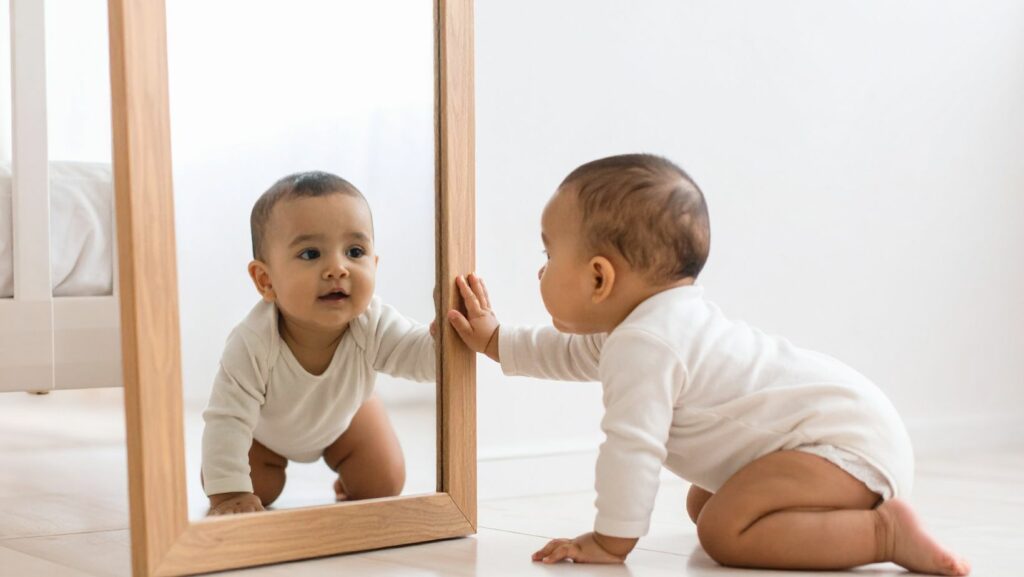Table of Contents
ToggleWelcoming a new baby is one of life’s greatest joys, and one of its biggest budget challenges. From essential gear to unexpected costs you likely won’t see coming, this guide offers a warm yet practical roadmap to help you plan, save, and prepare.
The Real Cost of Setting Up (and Staying Afloat)
You’re not alone in wondering just how much baby stuff really costs. The average family spends up to $7,918 setting up before you even bring the little one home, and then adds around $600 per month thereafter.
Another breakdown shows the first year costs can range from $4,460 to $11,350, depending on how you shop and what you borrow or reuse. That’s a pretty wide bracket, but it helps highlight how choices—from buying new vs. second-hand to formula vs. breastfeeding- can make a difference.
One-Off Purchases: Prioritise, Borrow, Save
Essential items to plan for or borrow include:
- Cot & mattress: $250–$1,000
- Car seat: $349–$799 (legally required)
- Pram/stroller: $249–$2,500
- Baby monitor: $49–$649
- Breast pump & bottles: $20–$599
Smart tip: rethink brand-new. Many parents use second-hand cots, hand-me-down clothes, or even rent gear like prams; they can literally save you hundreds.
Ongoing Care Costs You’ll Want to Budget For
- Nappies & hygiene: $1,000 to $2,600 per year
- Formula & baby food: $1,060 to $2,200 per year, depending on whether you breastfeed or formula-feed.
Add distribution of other needs like baby clothes ($500/year) and household gear. Transport items alone may cost $1,150–$2,250.
Employment Changes & Medical Reality
Changes to work life, like maternity or parental leave, can shift your income significantly. Don’t forget to budget for reduced earnings or gaps in pay. You may also need to budget for private healthcare costs if you’re opting for a private birth, which could range into thousands more.
Unexpected Essentials: When Urgency Arrives
Even with months of preparation, there’s always that last-minute item: maybe a specialised baby monitor or replacement gear post-hospital. In these pinch moments: “Even with months of planning, you might find you need an essential but expensive item right away, like a specialised baby monitor. In these situations, urgent payday loans can help you make that crucial purchase without delay.”

Still, a note of caution: these loans come fast, but with steep fees and tight repayment windows. Treat them as a last-minute emergency lifeline, not your go-to plan.
Smart Ways to Save (And Feel Good Doing It)
- Borrow or reuse priority gear: Cots, bassinets, even prams. Check with friends or online parent groups.
- Buy second-hand: Keep an eye on Facebook Marketplace or local preloved sales.
- Borrow high-ticket items: A baby carrier or pram you only need for a few weeks? Consider hiring.
- Take advantage of freebies: In NSW and Victoria, new parents receive a “baby bundle” from health authorities (worth about $300) with early essentials like picture books, blankets, and thermometers.
- Budget early: Moneysmart recommends building a baby expenses plan now to avoid pressure later.
Sample Cost Snapshot
| Expense | Estimated Range |
| Setup costs (one-off) | $4,460 – $11,350/year |
| Essentials (cot, pram, gear) | $1,500 – $3,500 |
| Monthly basics (nappies, formula) | $200 – $400 |
| Unexpected urgent item | Variable—consider a backup fund, or last-resort loan |
Final Thoughts: Baby Steps, Not Budget Bursts
Welcoming a baby doesn’t need to mean financial overwhelm. By prioritising, borrowing where possible, and putting even a small amount aside now, you’ll ease both your budget and your mind. And if the stress of an urgent purchase creeps in, fast loans exist, but only use them with your eyes wide open.

